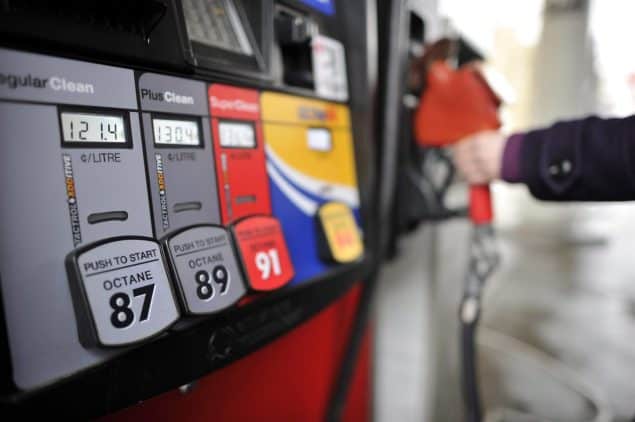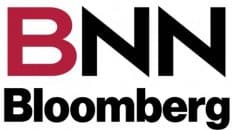As I wrote a while back, the catchy phrase, “You can pay me now or pay me later” was used years ago by Midas Muffler. The inference, as I interpreted it, was that paying for their quality product today would save consumers paying higher prices later if they went with an alternative supplier.
Fast forward to the reality of today’s fossil fuel markets and this phrase morphs into, “You can pay me now and pay me later.”
Current transportation fuel prices may be in dozy, post-holiday season mode, but have no fear, the wakeup call is about to be triggered. By now you know that this is normally the time of year when the refining industry gears down to get ready to gear up for the summer driving season.
Last year was anything but normal, and if you are uncomfortable with the cost of gasoline and diesel now, you better hang on to your hat.
Normal refinery maintenance was delayed this time last year because of the pandemic along with the lure of record high refining margins. It is now time to pay for that lack of maintenance, and well before the start of the jump of gasoline’s summer demand.
Moving on to another pertinent metaphor, let’s use baseball’s, “Three strikes and you are out.”
Strike 1: By mid-February, 15 U.S. refineries will be down for 2 to 11 weeks, taking 1.4 million barrels per day out of refining capacity. That will make for tight supply.
But the game has just begun.
Strike 2: On February 5, the ban on European and G-7 imports of Russian petroleum products, gasolines, diesel, and jet fuel comes into effect.
This move will increase pressure on U.S. refiners to increase exports to make up for the shortfall at a time when U.S. capacity will fall by 1.4 million barrels per day. One sure bet is refiners will supply the market wherever they can get the highest price. This will end up as a bidding war with North American consumers missing a card or two.
Strike 3: The next and last curve ball affects Canadian consumers rather than our U.S. cousins. I anticipate that gasoline and diesel prices will hit their peak by mid-April based on the supply scenario painted above.
Things get worse here in Canada because on April 1, the carbon tax will increase from $50 to $65/Tonne. This will mean an increase for gasoline from 11.05 cents per litre (cpl) to 14.30 cpl or 3.25 cpl. Diesel consumers will also be hit with the tax moving up 3.97 cpl to 17.38 cpl.
The plan Ottawa has for us is to set the tax based on $170/Tonne by 2030. This will mean a carbon tax on gasoline of 37.4 cpl and diesel hitting 45.5 cpl.
How about that for fighting inflation?
And we, the consumers, won’t be able to pay them later. Heck, we’re having problems paying them now!
– Roger McKnight – B.Sc., Senior Petroleum Analyst








Add comment